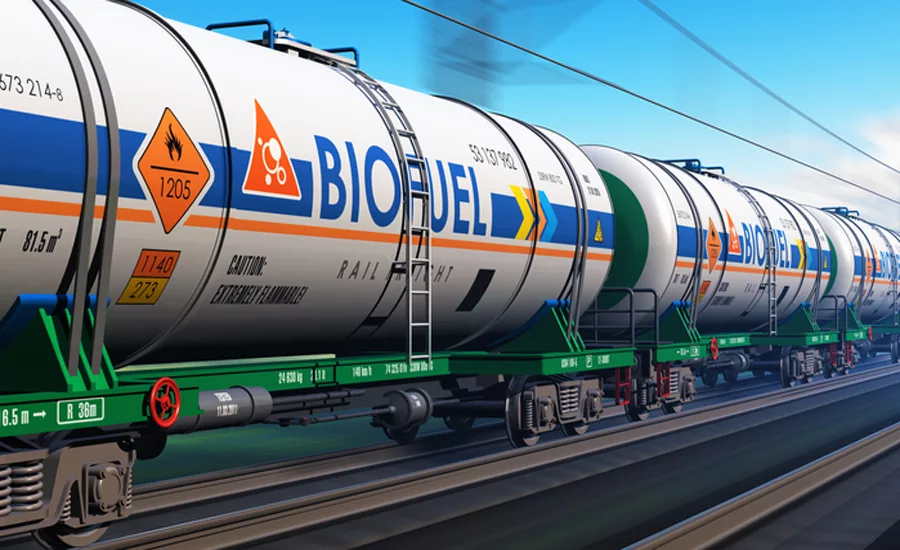University of Arizona and Partners to Study Bioproducts in Arid Regions

TUCSON, AZ - The University of Arizona (UA) has received a five-year grant of up to $15 million from the U.S. Department of Agriculture's National Institute of Food and Agriculture to lead a new center focusing on the mass production of biofuels and bioproducts in the Southwestern United States.
Kimberly Ogden, Director of the UA Institute for Energy Solutions and a professor in the College of Engineering, will head the Sustainable Bioeconomy for Arid Regions Center. The goals of the center include addressing the nation's needs for biofuels and bioproducts, strengthening Arizona's bioeconomy — the parts of the economy that use renewable biological resources such as crops or algae — and providing training for the next generation of scientists and engineers.
"Researchers at the University of Arizona are ideally positioned to solve complex environmental and economic problems," said UA President Robert C. Robbins. "This grant will help us work alongside the community, industry and partner universities across the Southwest to grow our region's economy while finding cleaner and more sustainable energy sources for the future."
The center will research guayule and guar, two plants that grow well in the Southwest, as potential feedstocks for developing not only biofuel but also high-value bioproducts such as rubber, polysaccharide and resin. Partnering with the Sustainable Bioeconomy for Arid Regions Center to improve research and commercialization of these products are Bridgestone Americas, Colorado School of Mines, Colorado State University, New Mexico State University and the USDA Agricultural Research Service.
The grant was awarded to help meet a goal, established by the United States in 2007, to reduce dependence on foreign oil and biobased products by producing and delivering 36 billion gallons of biofuels per year by 2022 — approximately 25% of the current U.S. demand.
"We'll serve as a test bed for other regions, and demonstrate how to utilize the entire part of the plant to make products in arid regions," Ogden said. "The research, development and deployment activities will be transferrable across the world. That's very important."
Guayule is a perennial desert shrub that produces natural rubber and organic resins. Guar is an annual desert legume that produces a polysaccharide used for oil and gas recovery in fracking operations. Each requires minimal water. About 85% of the biomass for these plants can be readily converted to biodiesel, jet fuel and kerosene using existing conversion technologies.
"We have world-renowned experts on guayule and guar here at the UA, and they'll be working to understand the best ways to plant and grow these crops," Ogden said.
Ten researchers from the UA College of Agriculture and Life Sciences, or CALS, are involved in the center, including team leaders Peter Waller, Associate Professor in the Department of Agricultural and Biosystems Engineering, and Dennis Ray, University Distinguished Professor in the School of Plant Sciences. CALS has more than 30 years of research experience with guayule and guar, from breeding to cultural practices to product development. Faculty from the UA Colleges of Education and Engineering also are collaborators on the team.
While both crops have economic advantages because of the nascent U.S. commercialization of natural rubber and guar gum, further research and development is needed. The new center is poised to address those needs, including sustainable production processes and a more complete understanding of the regional economic, social and environmental impact in the rural Southwest.
Combining the strengths of its partners, the center also will focus heavily on community outreach. Its researchers will work with regional growers to move toward less water-intensive crops, support 4-H programming, and provide weekly enriching STEM-related activities at K-12 schools in Arizona and New Mexico.
Looking for a reprint of this article?
From high-res PDFs to custom plaques, order your copy today!






